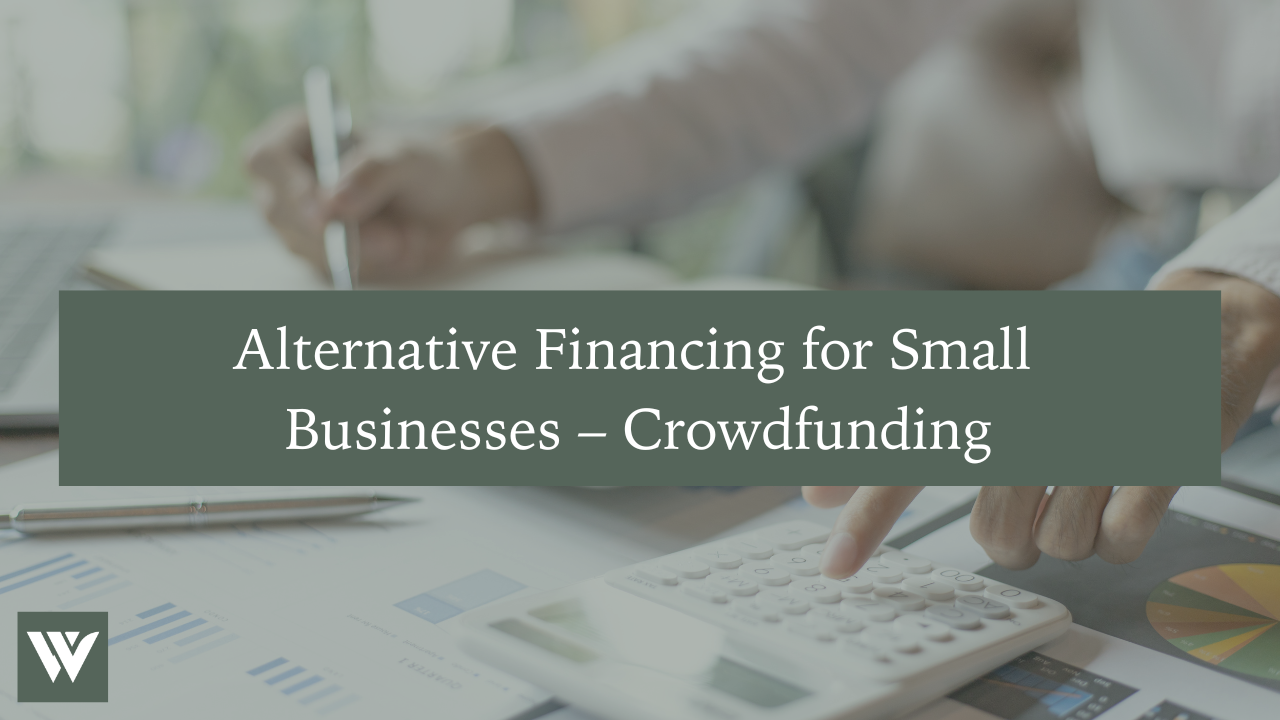

Crowdfunding is the practice of asking a large number of people to make relatively small donations in order to finance a cause or business venture. A crowdfunding campaign is conducted on an online platform, such as Kickstarter or GoFundMe. The platform charges the user a processing or hosting fee in exchange for offering a central location to promote the crowdfunding project and accept contributions.
The most common type of crowdfunding is donation-based crowdfunding, where the fundraiser runs a campaign to raise funds in support of a certain cause without any obligation to repay the donors. Examples of donation-based crowdfunding include raising money for a family who has lost a loved one and raising money to support a youth sports league. The options are nearly limitless for donation-based crowdfunding – a fundraiser just needs an idea and the courage to solicit donations to fund it!
Although donation-based crowdfunding is the most prevalent type of crowdfunding, there are three other types of crowdfunding available to business owners that serve as useful tools for generating capital from third parties. These other types of crowdfunding are rewards-based crowdfunding, equity-based crowdfunding, and debt-based crowdfunding.
To start a crowdfunding campaign, the fundraiser generally needs to follow these steps: (1) select the crowdfunding platform; (2) set a fundraising goal; (3) set the length of the campaign; (4) create the campaign pitch; (5) define the incentives (i.e., rewards, interest rate, ownership); and (6) promote!
The emergence of crowdfunding has been one of the most dramatic changes to the business finance landscape in the last 10-15 years. Although crowdfunding is an exciting way to generate capital with low financial risk, a business should ensure its intellectual property is protected, it has appropriate form agreements in place (especially with respect to debt-based campaigns), and any equity-based campaigns are in compliance with applicable SEC regulations. Additionally, any nonprofit utilizing crowdfunding should be careful to not put its tax-exempt status at risk.
Before utilizing crowdfunding, a business should obtain advice from an experienced corporate attorney to help identify and minimize any risk associated with the anticipated fundraising and to facilitate a successful fundraising campaign.
The information provided in this article does not, and is not intended to, constitute legal advice; instead, all information, content, and materials are for general informational purposes only.